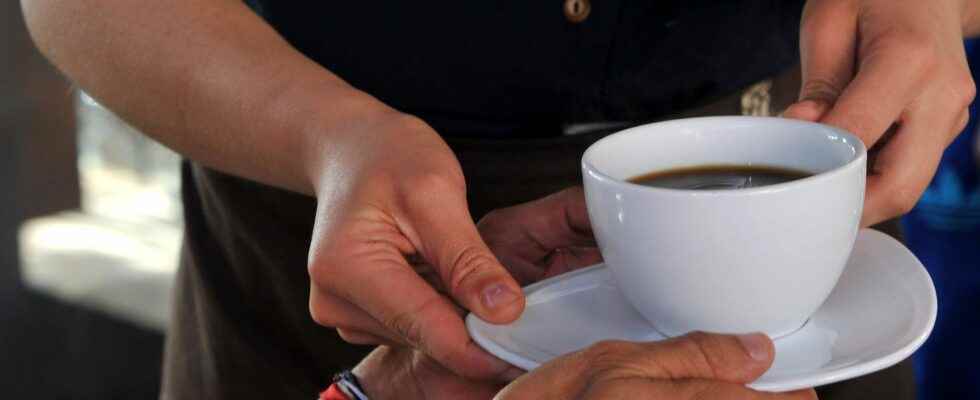It is sometimes consumed excessively to compensate for the yawns that accumulate, but is coffee dangerous for sleep? The chemical mechanism is well known: when we are awake, our brain produces a chemical substance, adenosine, which accumulates in our brain, and which slows down brain activity and thus causes drowsiness. Caffeine molecules have the effect of inhibiting adenosine, by attaching themselves to the same cerebral receptors as those of this molecule, and thus deceive the feeling of fatigue that one can feel.
But the story does not end there. Because clearing caffeine from the brain takes time. Scientists have shown that it takes between 4 and 6 hours for our body to metabolize or transform half of the caffeine ingested. And as reported by Brice Rafaut, researcher in neuroscience at the Sleep and Vigilance Center of the Hôtel-Dieu (Paris Descartes-AP HP University), in his book Saved by the siesta (Actes Sud), its effects are cumulative. “If you have coffee at 9 a.m., the second half of the caffeine will kick in between 1 p.m. and 3 p.m., just when you might end up having a second one to end your lunch,” he explains. . Enough to stay a little awake and miss a few precious hours of sleep. Above all, even once asleep, caffeine continues its little work, and some studies showed that these molecules could affect a crucial phase of our sleep, that of deep slow sleep.
To enjoy a good night’s sleep, all the caffeine should therefore be gone by the time you fall asleep. A study published in the Journal of Clinical Sleep Medicine in 2013 thus showed that caffeine, even consumed 6 hours before bedtime, could reduce sleep time by one hour.
Ineffective for successions of nights that are too short
By stimulating the central nervous system, caffeine can induce a kind of burst of energy, and may even boost cognitive functions like alertness, attention, and reaction time. But caffeine, by its “doping” effect on the body, cannot replace a good night’s sleep. If caffeine attenuates the consequences of sleep deprivation, “it is practically ineffective in attenuating the impact of severe sleep loss on higher-order cognitive functions”, underlined a study published in 2014, by two Swiss scientists. , from the Institute of Pharmacology and Toxicology of the University of Zürich.
So if it is a question of compensating for several nights of too short sleep, coffee can no longer suffice. In 2017, scientists became interested to the effects of caffeine on psychomotor alertness and sleepiness during sleep restriction. Their results showed that caffeine maintained objective alertness compared to placebo during the first 3 days of sleep restriction (below 5 hours), but this effect was no longer evident by day four.
In addition, participants who consumed caffeine were slower than the control group to return to their basic faculties during the recovery sleep period. Something to think about before launching the coffee machine again.
